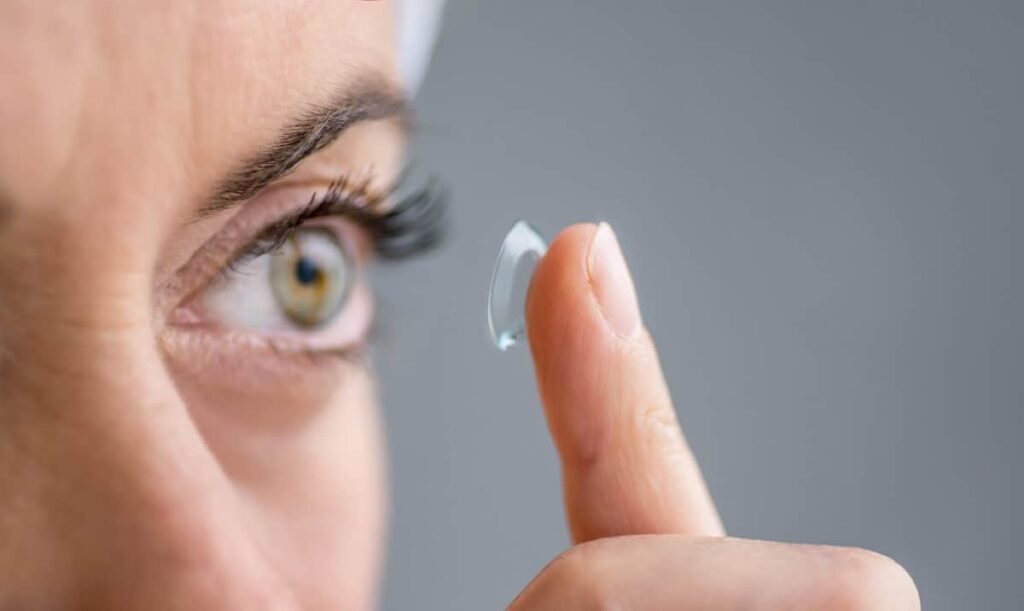Times You Should Never Wear Your Contacts

Millions of people wear Contact Lenses. But not everyone who wears contacts follows safety protocol as diligently as they should.
Wearing contact lenses affords users many benefits. But anyone who wears their contacts at improper times puts their eyes at risk for a host of problems, ranging from minor irritations to vision loss.
If you wear contact lenses and want to protect your eyes, heed what the team at Access Eye has to say.
Don’t Wear Contacts When Your Eyes Are Irritated
If your eyes feel off, don’t put in your contacts. Maybe you’re experiencing pain or irritation. Maybe your eyes are red or itchy. The issue might be allergies or something more serious.
In any case, avoid wearing your contacts until the issue clears up. Wearing contacts when your eyes are irritated can only cause further damage.
Don’t Wear Contacts When You’re Sleeping
This is contact lens safety 101. Unless your lenses have been approved for overnight use, and your doctor has advised you to do so, do not wear them when you’re asleep.
If you sleep with your contacts in, you may dry out your eyes or worse — risk infection, corneal ulcers or an inflammatory reaction known as contact lens-induced acute red eye (CLARE).
Don’t Wear Contacts While Bathing or Swimming
When you’re in any type of water, do not wear your contacts. This includes showers, hot tubs, pools, lakes, rivers and the ocean. Put in your contacts after bathing and wear tight-fitting goggles when swimming. Or better yet, invest in a pair of prescription goggles.
Any type of non-sterile water can have bacteria and amoebae floating in it, and if that gets in your eyes and attaches to your contacts, you can get a serious infection.
Plus, some contact lenses change shape when they get wet, causing them to no longer fit properly, which can lead to corneal micro-abrasions.
Don’t Wear Contacts Longer Than Recommended
Whatever the recommended use-length might be for your contacts, whether it’s daily or one-time use, weekly use, or monthly use, do not continue wearing your contacts beyond this timeframe.
Even if you can still see clearly, wearing your contacts for longer than is recommended may result in corneal scarring or vision loss.
















